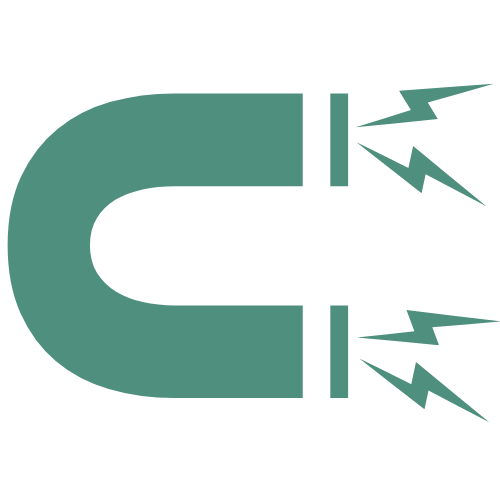“Thousands of tired, nerve-shaken, over-civilized people are beginning to find out that going to the mountains is going home. Wilderness is a necessity.” John Muir
 Recently, I shared about how PLAY helped to heal my chronic illness and can help restore high-performance, vitality, and creativity. It’s one of the ways we can change gears, refresh our minds and bodies, and get un-stuck. Another healing refuge for our minds and bodies is nature. Some doctors around the globe now even prescribe nature therapy.
Recently, I shared about how PLAY helped to heal my chronic illness and can help restore high-performance, vitality, and creativity. It’s one of the ways we can change gears, refresh our minds and bodies, and get un-stuck. Another healing refuge for our minds and bodies is nature. Some doctors around the globe now even prescribe nature therapy.
We’ve never needed the refuge of nature like we do right now.
Throughout history, our very survival as humans has depended directly on our connection to nature. But we’ve grown more and more removed from nature. At the same time, we’re bombarded by information than never before and expected to be accessible via technology almost around the clock. So our minds work in overdrive while our bodies sit all day indoors.
John Muir calls this being over-civilized and it comes at a great cost to our health and well-being.
Enter nature therapy.
The idea is simple: spend time in nature attuned to your environment. Open all your senses and soften your focus so you can be present to what’s happening around you. Give your mind a rest and enjoy the calming, restorative change of pace. Touch into your own nature, your inner wildness.
Some call this ecotherapy, green therapy, or earth-centered therapy. My favorite is the Japanese term shinrin-yoku, which translates as “taking in the forest atmosphere” or “forest bathing.” It was developed in Japan during the 1980s and has become a cornerstone of preventive health care and healing in Japanese medicine.
Nature restores mental functioning in the same way that food and water restore bodies.
But that’s not all. It restores the body, too, as evidenced by a number of recent studies to calculate its benefits.
From http://www.shinrin-yoku.org/ some scientifically-proven benefits include:
- Boosted immune system functioning, with an increase in the count of the body’s Natural Killer (NK) cells.
- Reduced blood pressure
- Reduced stress
- Improved mood
- Increased ability to focus, even in children with ADHD
- Accelerated recovery from surgery or illness
- Increased energy level
- Improved sleep
When part of regular practice, additional benefits are achieved:
- Deeper and clearer intuition
- Increased flow of energy
- Greater capacity to communicate with the land and its species
- Increased flow of eros/life force
- Overall increase in sense of happiness
It doesn’t have to be hard.
One distinction about Shinrin-yoku, for all of my friends (and myself) who feel the need to push: while all sorts of nature experiences can contribute to the above health benefits, shinrin-yoku is the medicine of simply being in the forest.
Simply being, taking a break from our over-civilized urge to be productive or always doing, reminds us of our wildness and that alone sparks our vitality. Part of nature’s healing is that she exposes us to such low levels of stress.
So, even if you’re hiking to the top of that peak or in search of an adrenaline high, take some time to just be in nature. Take a sit spot, where you get still and simply notice what’s happening around you. Or go outside for a contemplative walk, not just when you need exercise.
If you can’t get outside:
For a long time I was too sick to get outside easily and you may not have easy access to nature, either. The benefits of nature are well worth it if you can find a way, but you can still benefit even if nature is out of reach. Studies showed that access to a window that looked out on a natural scene offered some of the same health effects as time outside. Even gazing at images or videos of nature provided benefits.
- Surgical patients who gazed out a window on a natural scene went home a day earlier, needed only ½ to 1/3 of the painkillers, and warranted ¼ of the “negative notes” (comments like “needs encouragement” and “upset and crying”) by nurses as similar patients facing a wall. Up to 4 times better off.
- Inmates in solitary confinement who watched a 45-minute video showing natural scenes reported feeling calmer, were involved in 26% fewer violent incidents over a year, and helped one facility save thousands of dollars in medical costs from altercations and self-harm.
What kind of nature therapy can you give yourself today?
“In wildness is the preservation of the world.” Henry David Thoreau

